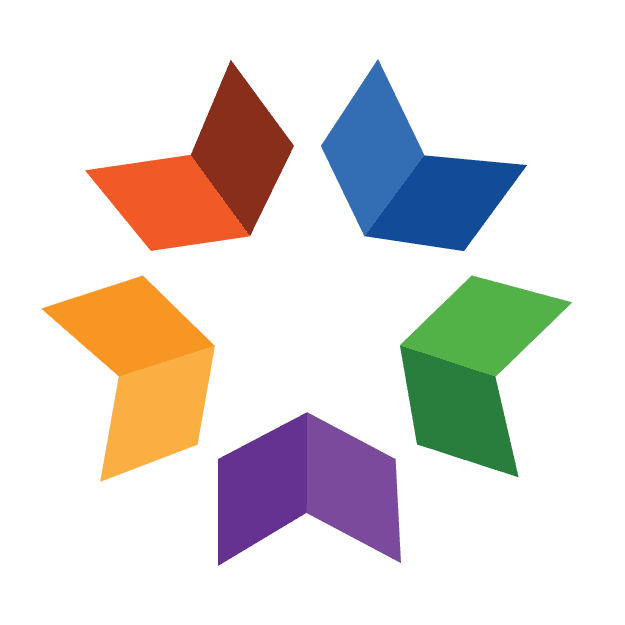Social and Emotional Learning - Part 2 of 5: Self-Awareness Strategies in the Classroom
CategoriesWelcome to part 2 of our social and emotional learning (SEL) series. Let’s begin with a brief review. SEL involves teaching five core competencies to students in grades K–12: self-awareness, self-management, social awareness, relationship skills, and responsible decision-making. In a recent blog post, we discussed strategies to implement in your classroom to promote self-management, which involves impulse control, stress management, self-discipline, self-motivation, and goal-setting.
Today we will take a close look at self-awareness. As defined by the Collaborative for Academic, Social, and Emotional Learning (CASEL), self-awareness is: The ability to accurately recognize one’s own emotions, thoughts, and values and how they influence behavior. The ability to accurately assess one’s strengths and limitations, with a well-grounded sense of confidence, optimism, and a “growth mindset.”
Self-awareness plays a critical role in how students learn and grow. When individuals are self-aware, they build upon their strengths while efficiently focusing on areas they need to improve upon – a key step to setting and achieving goals. Continue reading for strategies to implement into your teaching practices to encourage an optimal level of self-awareness among your students.
Identifying Emotions
Regardless of what grade you teach, head to the children’s section of your friendly neighborhood library! Picture books can be a valuable tool for teaching students how to identify, understand, and manage their emotions. Click here for a list of recommended book titles which promise to help children navigate their feelings and emotions.
Thinking about Values
Identifying and reflecting upon one’s values can lead down a pathway toward responsible and respectful behaviors. As suggested in this article, give students writing or conversational prompt questions to encourage them to think deeply about their values. Examples of prompts include:
- What three qualities do you admire in a friend? A teacher? A parent?
- What is one rule that you believe is important to live your life by?
- If we lived in a perfect world, how would people behave differently than they do now?
Recognizing Strengths
Gratitude, love of learning, and spirituality are my top three strengths, according to the results of this free character strengths survey. This 96-question survey is available for students (ages 10-17) and for adults and takes less than 15 minutes. Give it a try!
Self-Confidence
Students often thrive with an increased level of confidence when given ownership of their learning. Learning menus are an effective way to meet the diverse needs of all students and allows students to focus on their interests and strengths. This document showcases examples of creative learning menus that can be tailored for your own classroom.
Self-Efficacy
Self-efficacy refers to one’s ability to learn, grow, and make progress toward accomplishing goals. Character Lab offers this lesson plan to help students understand and practice the components of a systematic learning strategy known as “Expert Practice,” which guides and supports students with learning challenges outside of their comfort zones.
Interested in learning more about how self-awareness and the other SEL competencies can increase academic outcomes and promote positive mental health among students and educators? Registration for our new course Social and Emotional Learning: Promoting Positive Mental Health Across the Curriculum opens soon!
Did you read the rest of this series?
Social and Emotional Learning - Part 1 of 5: Self-Management Strategies in the Classroom
Social and Emotional Learning - Part 2 of 5: Self-Awareness Strategies in the Classroom
Social and Emotional Learning- Part 3 of 5: Social Awareness Strategies in the Classroom
Social & Emotional Learning- Part 5 of 5: Responsible Decision-Making
Additional Resources
Here are a few classes related to this topic:
 Social and Emotional Learning: Promoting Positive Mental Health Across the Curriculum
Social and Emotional Learning: Promoting Positive Mental Health Across the Curriculum
 Trauma, Stress, and Anxiety in Schools: Finding Hope and Building Resilience
Trauma, Stress, and Anxiety in Schools: Finding Hope and Building Resilience
 Refocusing Attention: Tackling Student Distractions by Gaining Their Attention
Refocusing Attention: Tackling Student Distractions by Gaining Their Attention